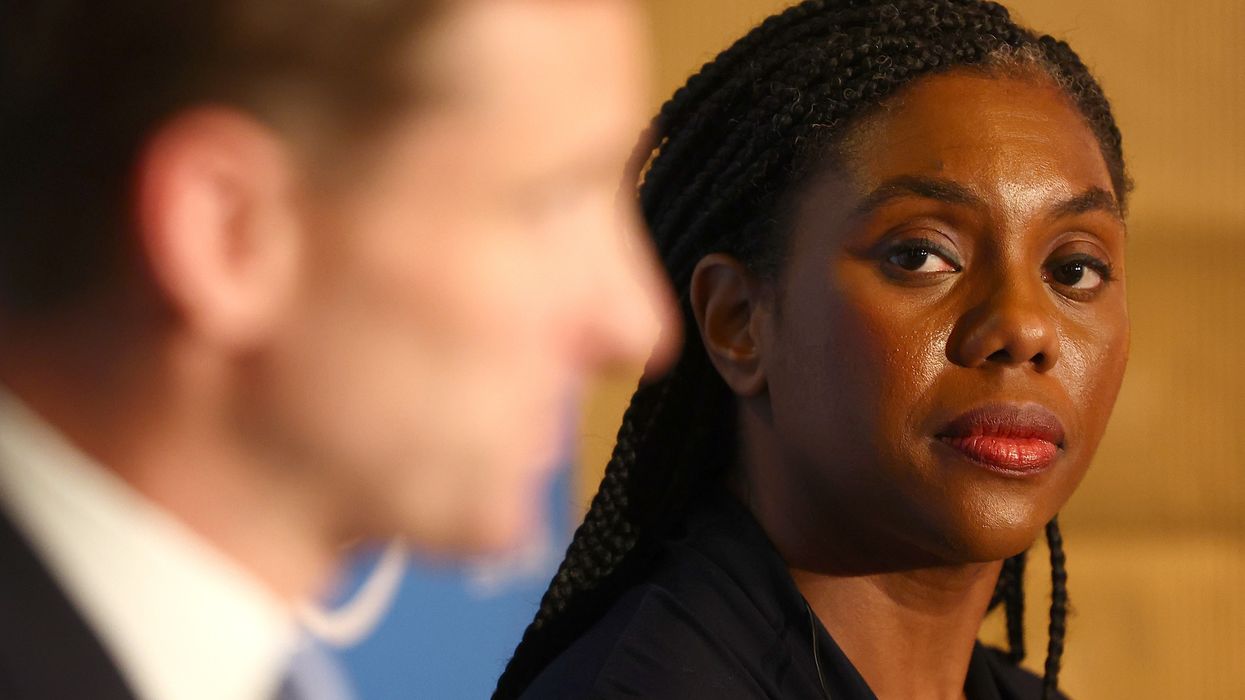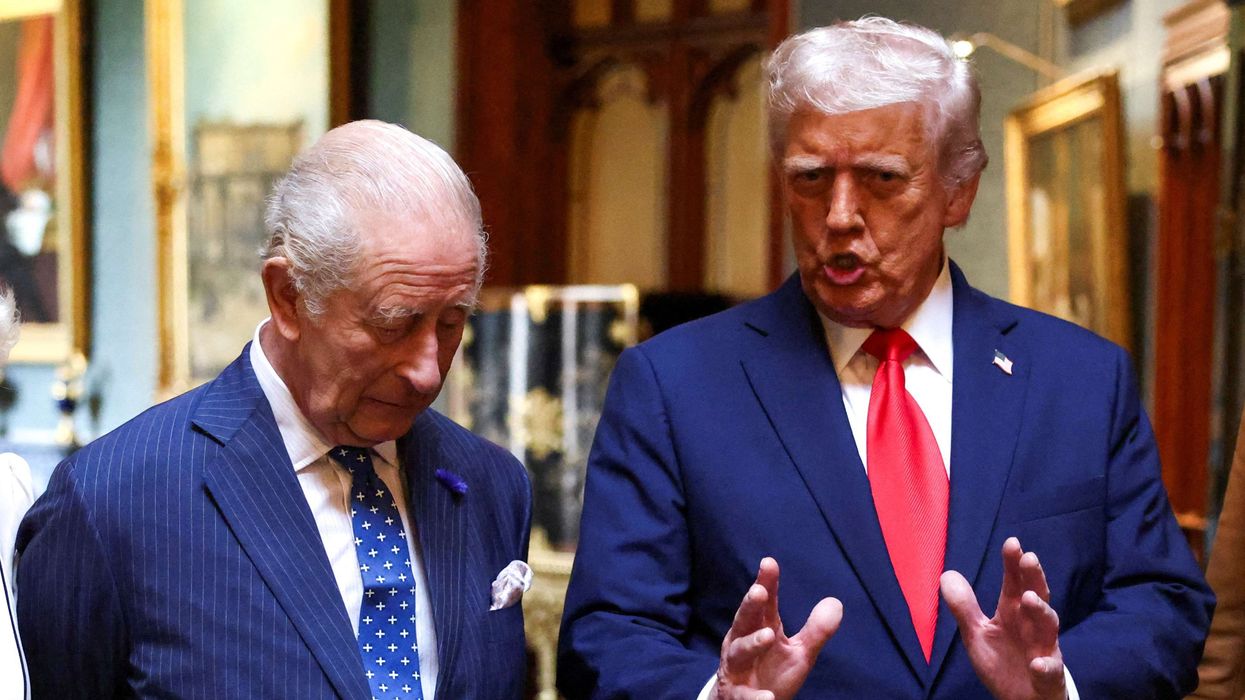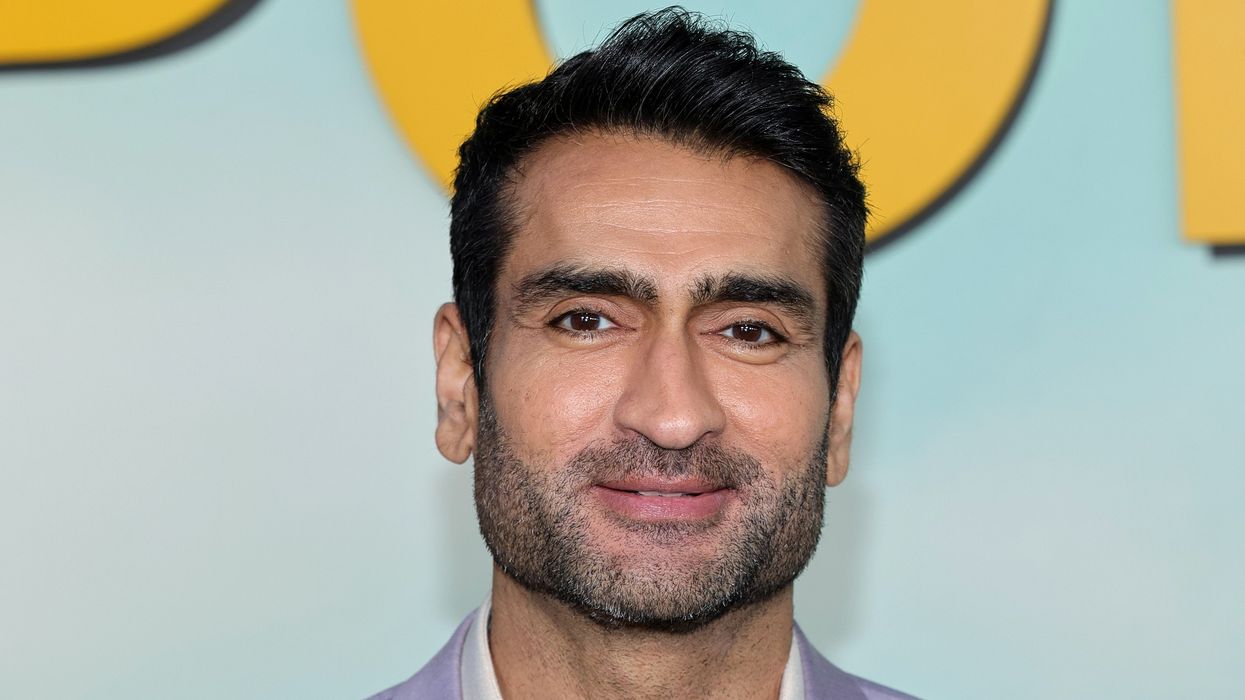Kemi Badenoch has decided to be out and proud as a culture warrior. “It is meant to be pejorative, but I love the title the left-wing media give me”, she told her Washington DC audience last week. “I believe in tradition. And if we don’t defend our culture, who will?”, the Conservative leader said, even declaring herself to be “descended from warriors”.
Since most people don't want a culture war, British politicians usually blame the other side for starting them. Even now, while embracing the label, Badenoch will return to her earlier complaint that the term is a ‘dog whistle’ to delegitimise conservative voices. Labour Culture Secretary Lisa Nandy had used her very first speech in the role to declare that “the era of culture wars is over”. Badenoch’s appetite for the cultural argument illustrates why unilateral disarmament of cultural conflict is challenging. So how could we ‘call off’ the culture wars - or at least defuse unconstructive arguments about identity?
One common recommendation is to try to avoid the hot button issues. The rationale is that most people care more about the economy and public services, so engaging in cultural arguments just increases their salience. So don’t feed the culture war trolls. "The only winning move is not to play," to adapt the moral of the 1983 film War Games.
This is bad advice. Avoidance will sometimes be a sensible tactic, on a case-by-case basis, but it is a terrible strategy. Saying as little as possible about contested issues will not see them simply fade away. Take the fate of Kamala Harris. She sought to tune out culture war clashes to focus on the economy. Yet she found her Presidential candidacy defined, for elusive swing voters, by what the Trump campaign told them Harris thought about the issues that she chose not to talk about, including immigration and trans rights. True, engaging with contested issues would have been risky too: Harris was an unexpected candidate with little more than 100 days to put her case to America. But if ducking an argument seems the best tactic at the sharp end of a national election, too little work has been done before entering the heat of the campaign kitchen.
Avoidance leaves the field to the culture warriors, amplifying polarisation and exaggerating it. No batsman at cricket needs to swing at every ball that is bowled, so public figures need not leap into every passing twitterstorm. But they should differentiate trivia and substance. We need a democracy confident enough to hear different views and voices about immigration, or race equality, or how to reflect our history - and to seek to resolve the arguments more constructively, rather than labelling every argument as a culture war.
Taken seriously, a ‘culture war’ is a much more dangerous clash: the type that evokes a civil war, because people on both sides struggle to see how they would resolve it peacefully, or ever agree to disagree. America’s binary arguments about abortion, guns and even elections have an intensity that few of Britain’s culture clashes emulate. Contrast how the Commons free vote on assisted dying saw MPs listening hard, agonising over the competing arguments. Some attempts to ignite culture clashes fizzle out quickly. There appears to be little public appetite for even a war of words with Greece over whether the Parthenon Marbles would be better displayed in the British Museum or once again in Athens. This is an important question in culture and heritage, even if it will never rival the NHS as a public priority. The government’s instinct to leave it primarily to the British Museum to explore potential partnerships and exchanges with Athens may chime with public opinion.
Most people in Britain lean intuitively towards their presence in Greece if asked to consider this question. It may be an omen that culture could once again be much more than mere ammunition for identity conflicts on the airwaves. Last summer’s riots showed the urgency of action to tackle racism. Deeper work to address the drivers of prejudice needs to isolate the toxic fringes, and to inoculate their target audiences from efforts to broaden the reach of hateful narratives. A new British Future report, ‘Creating Connections’, proposes that creativity and culture can make a significant contribution to cohesion. The research finds an untapped public appetite for participating more in creative activities, from community choirs to street festivals. Creative activities can broaden meaningful contact, in a memorable way, that promotes empathy and perspective-taking across lines of social difference – just as local efforts to mark major national moments, from sporting tournaments to the anniversary of VE Day, can too.
So let us remember that it is not only the culture warriors who can issue a call to arms. It is time for the cultural bridgers to show that we are ready to mobilise too.
(The author is the director of British Future)





